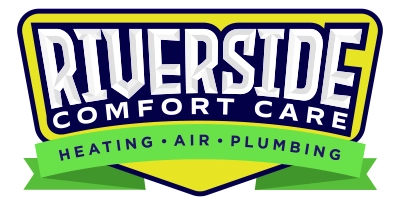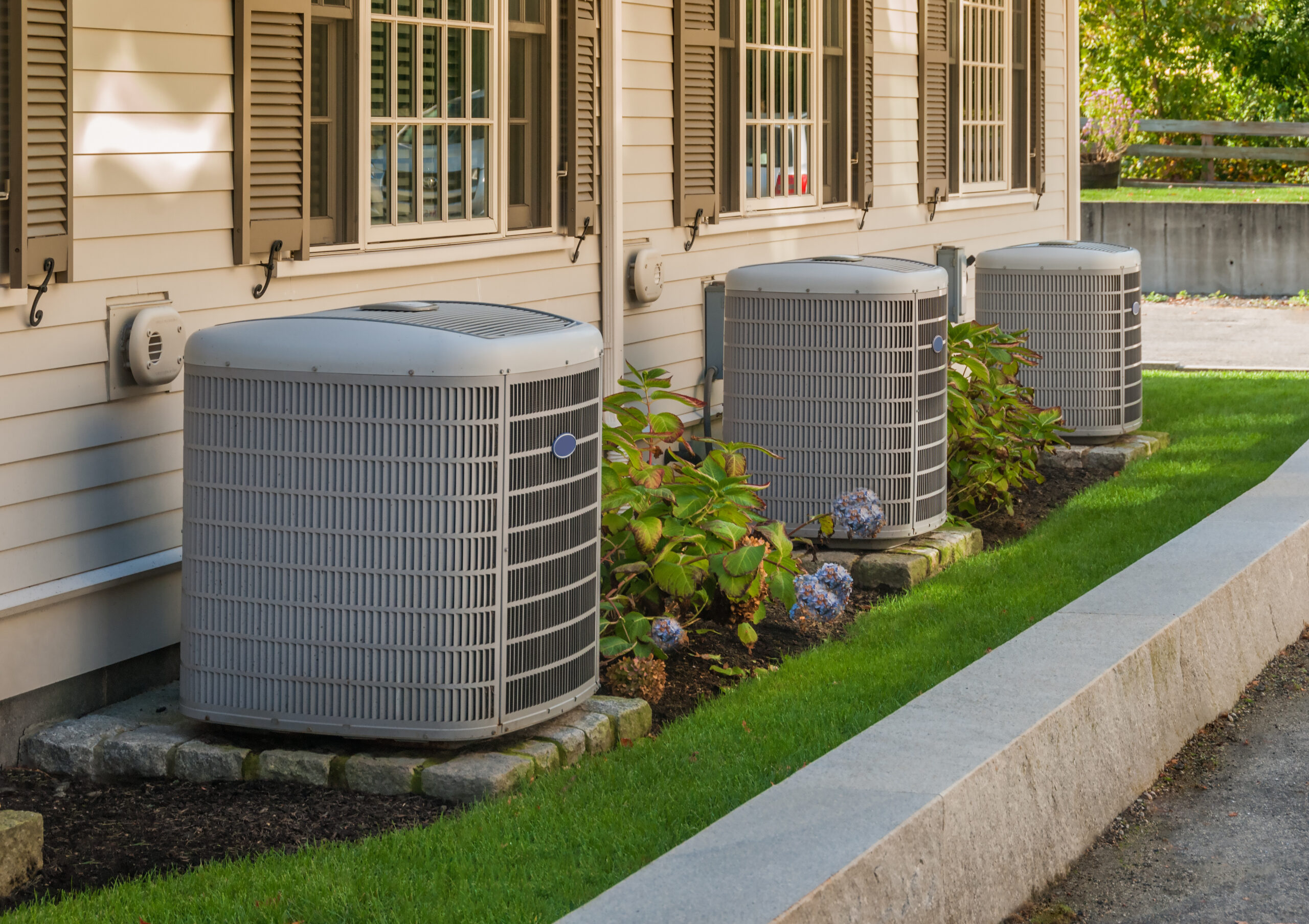If your air conditioner or heat pump won’t start—or struggles to run—you might be dealing with a capacitor issue. But before you panic, it helps to understand what this part does and how to check it safely. This guide explains how to check the capacitor in your HVAC system, including warning signs of failure, testing steps, and when to call a pro.
At Riverside Comfort Care, we help homeowners across Van Buren, Fort Smith, Alma, and Greenwood keep their HVAC systems running reliably year-round.
What Is a Capacitor in an HVAC System?
A capacitor stores and delivers an electrical charge to start and run the motors in your HVAC system—especially the compressor, blower motor, or condenser fan. Think of it as a battery-like boost that gets your system moving.
There are typically two types:
- Start capacitors: Give an initial jolt to start the motor.
- Run capacitors: Maintain a consistent current to keep it running.
Energy.gov notes that capacitors are vital to AC and heat pump efficiency.
Without a functioning capacitor, your HVAC system won’t be able to start up reliably or run smoothly. That’s why early diagnosis and maintenance are critical.
Signs Your HVAC Capacitor May Be Failing
There are several red flags that may indicate your capacitor is starting to fail:
- AC won’t turn on — A completely failed capacitor can prevent your unit from starting.
- Fan or blower motor won’t start — If you hear a humming noise without the motor kicking in, the capacitor might not be delivering enough voltage.
- Humming sound from the unit — This usually signals the capacitor is trying to start the motor, but can’t provide the required boost.
- Takes a long time to cool your home — A weakening capacitor causes the system to run inefficiently.
- Frequent system shutdowns — If your system starts and stops repeatedly, capacitor failure could be the cause.
If you notice one or more of these issues, it’s a good idea to test the capacitor or call for professional service.
How to Safely Check the Capacitor in Your HVAC System
⚠️ Safety First: Capacitors can store a high-voltage charge even when the power is off. If you’re not comfortable with electrical testing, call a professional.
Tools You’ll Need:
- Multimeter with capacitance setting
- Insulated screwdriver
- Safety gloves and glasses
Step-by-Step:
- Turn off power to the unit at the breaker and thermostat.
- Discharge the capacitor by using an insulated screwdriver to bridge the terminals.
- Remove the access panel on the outdoor or indoor unit to expose the capacitor.
- Check for bulging, cracks, or leakage. If you see this—replace the capacitor immediately.
- Test with a multimeter:
- Disconnect the wires from the terminals.
- Set the multimeter to capacitance (µF).
- Touch the probes to the terminals marked “C” and “HERM” or “FAN.”
- Compare the reading to the rating on the capacitor label.
If the number is more than 6% off, the capacitor should be replaced. Fluke offers detailed guides on testing capacitors.
You can also use continuity settings on the multimeter to confirm if the capacitor has shorted internally.
When to Replace an HVAC Capacitor
Capacitors are relatively inexpensive but extremely important components. You should replace a capacitor if:
- It has physical damage such as bulging, corrosion, or oil leakage
- It fails a multimeter test (reading outside the 6% range)
- Your system shows signs of hesitation, shutdowns, or struggles to start
Replacing a faulty capacitor promptly helps prevent:
- Motor damage due to improper voltage
- Compressor burnout from startup failures
- Increased energy use from inefficient operation
- Short cycling that puts stress on system components
- Complete system failure
The Air Conditioning Contractors of America (ACCA) recommends checking capacitors during every seasonal maintenance visit.
Capacitor Lifespan: How Long Do They Last?
On average, HVAC capacitors last 5–10 years depending on usage, environment, and system maintenance. In areas with hot summers like Arkansas, your system may work harder and shorten the lifespan.
Factors that affect longevity include:
- Power surges or voltage fluctuations
- High outdoor temperatures
- Dust and debris buildup
- Lack of annual HVAC tune-ups
Regular maintenance helps extend capacitor life and improve system reliability overall.
Don’t Want to Risk It? Call the Experts
Working with HVAC capacitors involves electrical risks. If you’re unsure, let our licensed pros handle it safely. We:
- Perform full capacitor testing and replacement
- Inspect for motor or wiring damage
- Tune up your entire system for peak performance
We proudly serve:
We’re BBB Accredited and proud Van Buren Chamber members.
Helpful Resources
Schedule Your HVAC Checkup with Riverside Comfort Care
Need help diagnosing a capacitor or other system issue? 📞 Call (479) 353-5266 or schedule an appointment online with Riverside Comfort Care today!



